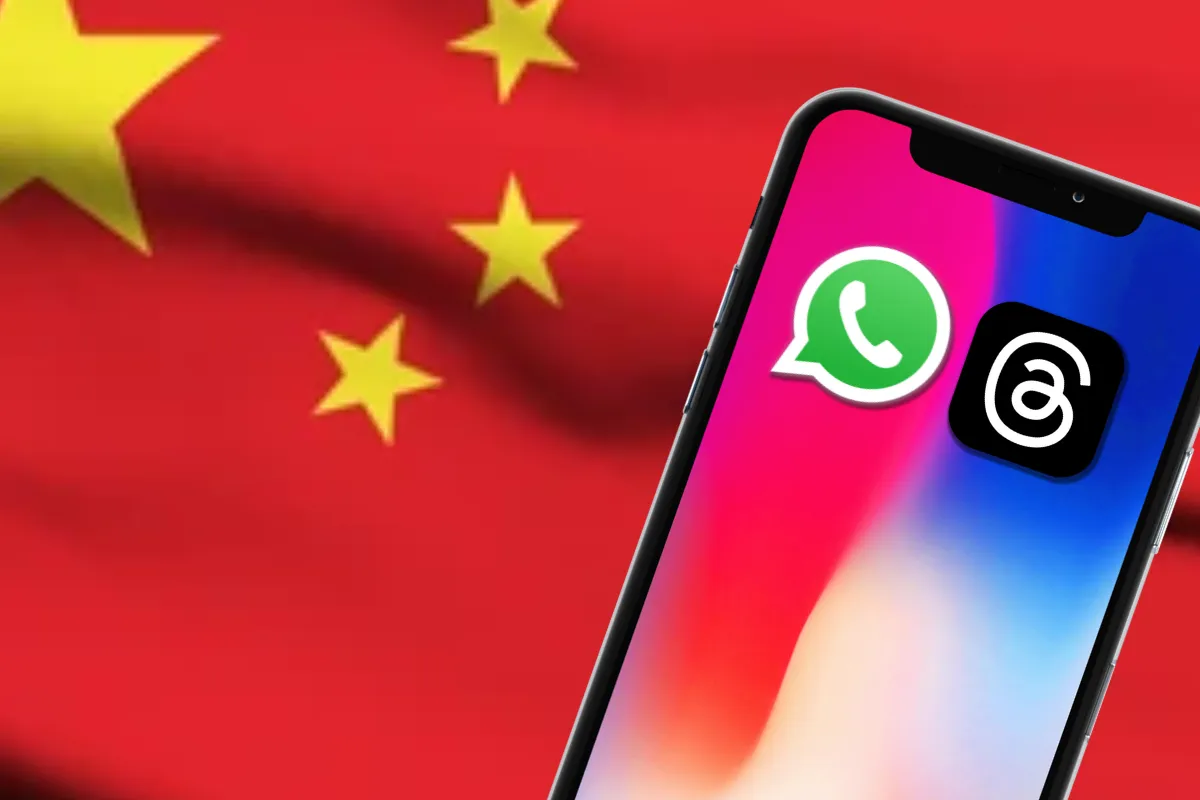The government at the Centre has released a thorough warning for prospective students who want to study medicine in China, warning them of the hazards, including low pass rates, the have to acquire Putonghua, and strict requirements to be eligible to practice in India.
Troubles Faced By Indian Students
The warning was made because Beijing’s COVID visa ban has left hundreds of Indian students enrolled in Chinese medical schools stranded at home for more than two years. Over 23,000 Indian students are now enrolled in various Chinese universities, according to official figures. They are overwhelmingly medical students. China has just begun providing visas to a limited number of students for their return after more than two years of COVID visa restrictions.
However, the majority of them had trouble getting home because there are no direct flights and the two nations are still negotiating to set up restricted flying facilities while taking Beijing’s quarantine requirements into consideration.
While this was going on, fresh students from India and other countries started enrolling in Chinese medical colleges. In light of this, the Indian Embassy in Beijing on Thursday issued a detailed advisory for Indian students looking to study medicine in China.
The advisory includes:
The advise contains the findings of the investigations, which described the challenges Indian students encounter in China and the strict requirements they must meet to be eligible to practise medicine in India.
A startling finding of the advise is that, between 2015 and 2021, only 16% of students completed the exam needed to be eligible to practise in India.
Also Read: Lucknow: Levana Hotel Fire, 15 Officers From 4 Departments Suspended On CM’s Order
Guildlines Include:
Only 6,387 of the 40,417 students who took the Medical Council of India’s (MCI) FMG (Foreign Medical Graduate) Examination between 2015 and 2021 passed.
The advise emphasised that only 16% of Indian students who took clinical medicine courses at 45 authorised colleges in China during that time period passed.
The advise asked prospective students and their parents to keep this fact in mind when determining whether to apply for admission to Chinese institutions’ clinical medicine programmes.
Concerning prices, it stated that each university has a unique fee system and urged prospective students to contact the institution directly before applying for admission.
The recommendation included 45 medical schools authorised by the Chinese government to grant medical degrees lasting five years plus an internship of one year. Indian students are encouraged not to apply for admission to any other colleges besides those 45.
The warning also made clear that Indian students who are studying medicine in China must seek a licence in order to operate in the nation where they received their training.
The advice urged prospective students and their parents to consider this information while deciding whether to apply for admission to clinical medicine programmes offered by Chinese schools.
Regarding costs, it advised potential students to get in touch with the school directly before submitting an admissions application because every university has a different pricing structure.
The list of 45 medical schools authorised by the Chinese government to award five-year medical degrees plus a one-year internship was included in the recommendation. It is advised that Indian students not submit admissions applications to any other colleges besides those 45.
In addition, it was made clear that Indian students studying medicine in China must apply for a licence before practising in the country where they acquired their education.
Students must pass the Chinese Medical Qualification Examination and get a physician qualification certificate in order to practise medicine in China after completing their internship, according to the advice.
The Chinese government has made it plain in its official communications that only 45 colleges in China provide medical programmes in the English language to overseas students. They are unable to enrol in China’s clinical medical programme, which is only available in Chinese. Additionally, it has been made very clear that it is totally prohibited for any university to offer clinical medicine programmes in both English and Chinese, according to the advise.
However, in order to participate in clinical sessions, you must study Chinese. Therefore, every student will also need to acquire the HSK-4 level of Chinese. According to the advise, any student who does not achieve this minimal level of Chinese language proficiency will not be granted a degree.
The NMC (National Medical Commission) regulations from November 18, 2021 state that any prospective student who seeks medical education abroad must necessarily have a licence to practise in the country of a graduate after completing his or her clinical medicine programme, before he or she can appear for the FMG examination in India. Accordingly, it is important to pass the qualification exam to practise in India.
The National Eligibility and Competitive Entrance Test-Undergraduate (NEET-UG), which serves as the entrance test for undergraduate medical education in India, must also be passed by Indian students who wish to pursue a medical degree from China, according to the guideline.
It stated that the screening exam, known as the Foreign Medical Graduates Exam (FMGE), will only be open to individuals who pass the NEET-UG for admission to undergraduate medical education in India.
The advice listed student feedback regarding the clinical medicine undergraduate programmes in China.
The advice listed student feedback regarding the clinical medicine undergraduate programmes in China.
The ability of Chinese professors at these colleges to communicate in English is one of the most frequent problems. A few students have also voiced concerns about their lack of clinical or practical experience working with patients at several universities, according to the advice.
Also Read: Earthquake: Papua New Guinea Experiences Earthquake of 7.6 Magnitude
It urged parents and prospective students to review the National Board of Examination study on the pass percentage of students who had attended different Chinese universities.
Before travelling to China, students who intend to enrol in any university in China are advised to confirm the institution’s inclusion on the list of 45 universities, the course length (which varies from university to university), the curriculum, the language of instruction, the mode of instruction (online or offline), the fee schedule, and the visa requirements.
Due to China’s “Dynamic Zero Covid Policy,” there are a number of restrictions and quarantine requirements that differ from city to city, are extremely rigorous, and necessitate complete compliance without exception. Additionally, these rules are frequently changed. Indian students enrolling at Chinese universities are thus urged to be aware of the most recent laws in effect and to make the necessary preparations, according to the warning.
The warning stated that no separate ranking of the numerous Chinese colleges that offer clinical medical programmes has been released by the Ministry of Education of China. The warning advised prospective students to use their own judgement when selecting a university because neither the Indian Embassy nor the National Medical Council had ranked or evaluated the standard of education provided by these institutions to international students studying in China.
Keep watching our YouTube Channel ‘DNP INDIA’. Also, please subscribe and follow us on FACEBOOK, INSTAGRAM, and TWITTER.












